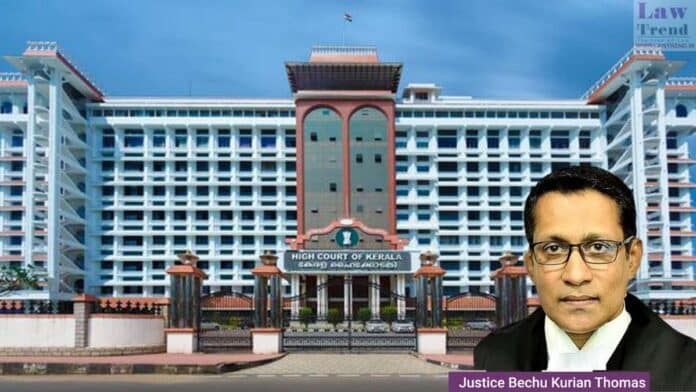In a notable judgment, the Kerala High Court has clarified that foreign nationals who overstay in India after the expiry of their valid documents cannot be categorized as “infiltrators” under Section 14A of the Foreigners Act, 1946. The court’s ruling came in two connected cases, where the accused were charged under Section 14A for overstaying
To Read More Please Subscribe to VIP Membership for Unlimited Access to All the Articles, Download Available Copies of Judgments/Order, Acess to Central/State Bare Acts, Advertisement Free Content, Access to More than 4000 Legal Drafts( Readymade Editable Formats of Suits, Petitions, Writs, Legal Notices, Divorce Petitions, 138 Notices, Bail Applications etc.) in Hindi and English.




